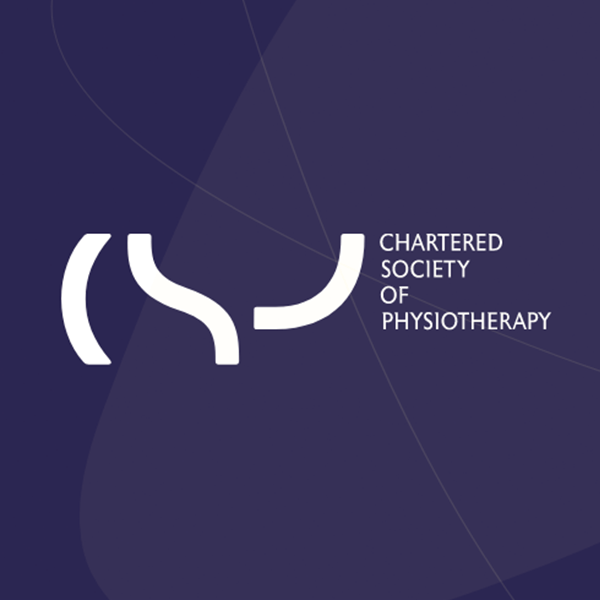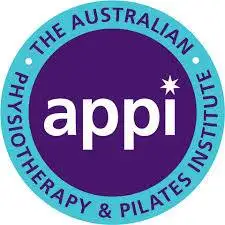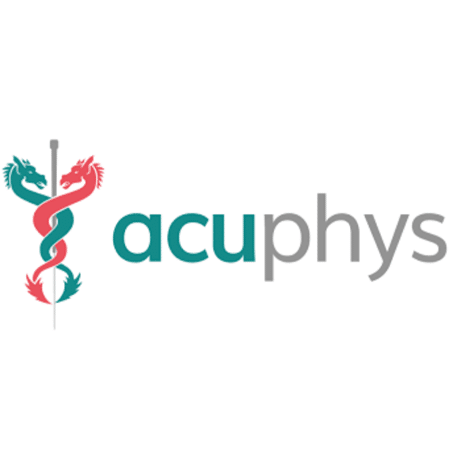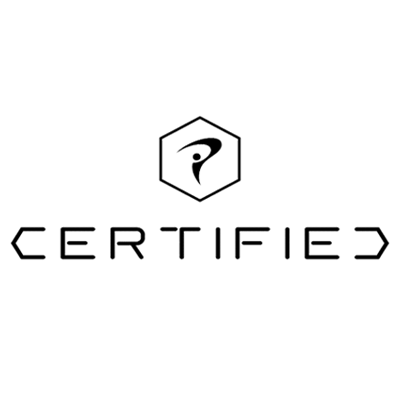Nerve Pain
What are Nerves?
Most common types of Nerve Pain?
Cervical Radiculopathy:
CR is a condition in which nerves in your neck are either compressed or irritated as they exit/branch away from the joints in your neck.
This can result in pain that radiates down your neck, into your shoulder blade and/or arm and hand, and may also be accompanied by muscle weakness and/or pins and needles/numbness.
CR is often caused by arthritic changes that occur at the joint, causing a narrowing of the space where the nerve root exits the spinal canal. This is more common in middle age and older people.
Another cause of CR is a herniated disc in the neck. Between each level of the spine, we have discs that act as shock absorbers and they help to transfer load evenly as we move.
In the middle of the disc is a nucleus (jam within a strong doughnut), this nucleus can sometimes press, bulge or herniate out against or through the disc wall and cause compression on the nerve root that lives closest to it.
This is more common in younger people following a sudden injury or people who hold prolonged static postures for long periods of their life (desk workers).
Lumbar Stenosis
You can read all about Lumbar Stenosis on the Low Back Pain page by clicking here.
Sciatica
You can read all about Sciatica on the Sciatica page by clicking here.
How do we treat nerve pain?
1) Assess
First we listen to you and take a detailed history of your pain and problem. Then we assess your body and painful joint using simple movement tests and screens.
We then explain your likely diagnosis and proposed treatment plan of exactly what we need to do to get you better.
2) Mobilise
Soft tissue massage and mobilisation
Joint mobilisation
Acupuncture and Dry Needling
Muscle Energy Techniques
Taping
Advice around lifestyle, posture and ergonomics.
3) Strengthen
Once pain has begun to settle and we are moving in the right direction, the emphasis shifts to helping you build the necessary strength and resilience of muscles and joints in order to get those long-lasting results. We work with you 1:1 in our dedicated rehab space and/or start you in our group PhysioFit Pilates classes.
4) Optimise
Note: Most people don’t need scans but if during the assessment or subsequent treatment sessions we decide your condition does need further investigation like an X-ray or MRI, we have the facilities to refer you privately if you wish. Usually, we can get this organised and have a result within 3-5 days.
How do I get started?
Like to speak to someone first?
No problem, please call the main desk and if needed we can have a physio call you back to discuss your specific situation.
Testimonials
What Our Clients Say





